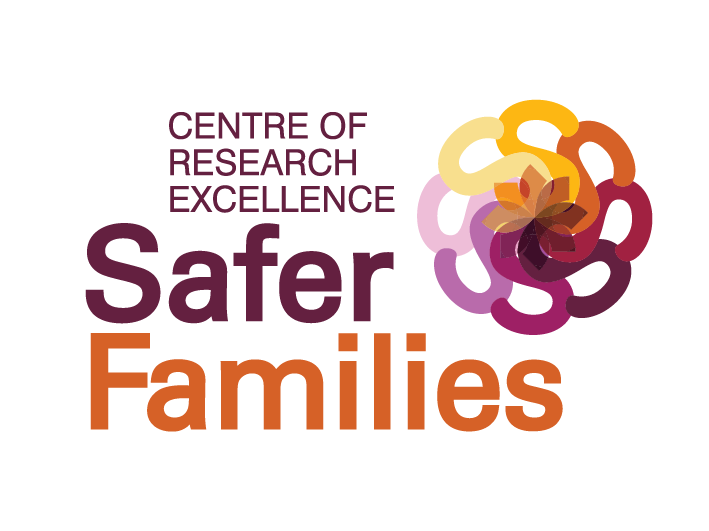Technology-facilitated abuse in relationships (TAR)
Project Lead
Cynthia Brown
What’s the project about?
Technology-facilitated abuse in relationships (TAR) is a growing health and social issue that is highly prevalent among young people for whom it likely has wide-ranging and at times serious effects. Young women are thought to be more negatively impacted than young men however multiple knowledge gaps exist:
· the accuracy of reported victimisation, perpetration and gender findings are uncertain as robust TAR assessment tools are yet to be developed,
· the impacts of TAR on victim-survivors are unclear as existing TAR assessment tools are yet to include robust measures of impact, and
· TAR may often manifest as patterns of behaviour in young people’s lives, yet research has neither confirmed nor refuted this.
This project has two aims. The first is to develop a robust scale that measures TAR victimisation, perpetration and impact. The second aim is to explore the extent to which TAR behaviours occur as part of a pattern of behaviour.
What can we expect to come out of this project?
This project will generate a robust and validated measure of TAR victimisation, perpetration, and impact, thus advancing knowledge of TAR in young people’s lives. The project will also generate evidence regarding whether TAR behaviours occur mostly as patterns of behaviour or as single one-off behaviours. The new assessment tool may be used by scholars for the generation of further knowledge of TAR in young people’s lives. Knowledge of how TAR manifests may be used by scholars in future research, and by teachers, practitioners, and counsellors in health and educational settings for the development of education, support services and interventions.
What is our progress to date?
Observing best-practice procedures for scale development, this project used a mixed-methods approach involving consultation with young people (38), topic experts (33) and frontline practitioners (171), followed by a large-scale youth survey (527). Using exploratory factor analysis the 30-item TAR Scale was developed as a valid and reliable scale incorporating measures of both TAR victimisation and impact. From this data an analysis of TAR patterns of behaviour was undertaken, the findings from which demonstrate the importance of moving beyond aggregate measures that focus solely on the presence or absence of single TAR behaviours or dimensions. The Humiliation pattern was experienced more frequently by young men than young women, the Sexual Coercion pattern more frequently by young women than young men, and the Monitoring, Control and Threats pattern equally across gender. Some TAR behaviours had greater impact on young women, while others had greater impact on young men.
The next steps of this project involve the analysis and validation of perpetration data collected in the large-scale survey to generate a version of the TAR Scale that measures TAR perpetration.
Publications
Brown, C. and K. Hegarty (2018). "Digital dating abuse measures: A critical review." Aggression and Violent Behavior 40: 44-59.
Brown, C., et al. (2020). "Digital dating abuse perpetration and impact: The importance of gender." Journal of Youth Studies: 1-16.
Brown, C. and K. Hegarty (2021). "Development and validation of the TAR Scale: A measure of technology-facilitated abuse in relationships." Computers in Human Behavior Reports 3.
Brown, C., et al. (2021). "Technology-facilitated abuse in relationships: Victimisation patterns and impact in young people." Computers in Human Behavior.


